With vaccine trials for COVID-19 ramping up and entering late stages, Johnson & Johnson has announced plans for what will be the largest Phase III trial so far for a vaccine against the novel coronavirus. The Phase III study will enroll up to 60,000 healthy participants who are 18 years of age or older.
This is double the enrollment that vaccine makers Moderna and Pfizer have planned for their Phase III trials.
The study will take place at 180 sites across the US and will also include locations in countries around the world.
“Our Phase III program is intended to be as robust as possible, could include up to 60,000 participants and will be conducted in places with high incidence rates,” Johnson & Johnson spokesman Jake Sargent said in a statement to CNBC. “We are using epidemiology and modeling data to predict and plan where our studies should take place and expect that to be finalized soon.”
Johnson & Johnson expects their trial to begin on September 5.
Related: Pfizer and BioNTech’s COVID-19 Vaccine Shows Positive Early Trial Results
The large-scale Phase III randomized controlled trial will involve participants receiving a dose of the candidate vaccine or a placebo, testing for safety and efficacy. Researchers will follow the individuals for more than two years.
The company’s lead adenoviral vector-based vaccine candidate, Ad26.COV2.S, was developed using Janssen’s proprietary AdVac technology. Johnson & Johnson began work on the vaccine in January 2020, as soon as the genomic sequence for SARS-CoV-2 — the coronavirus that causes COVID-19 — was made available. Research groups at Janssen Pharmaceutical Companies of Johnson & Johnson collaborated with researchers from the Beth Israel Deaconess Medical Center at Harvard Medical School to construct and test multiple vaccine candidates.
Earlier this month, Johnson & Johnson struck a landmark partnership with the Biomedical Advanced Research and Development Authority (BARDA), which is part of the Office of the Assistant Secretary for Preparedness and Response (ASPR) at the US Department of Health and Human Services; together, they have shelled out more than $1 billion of investment to co-fund vaccine research, development and clinical testing. This includes the manufacturing of 100 million doses of the vaccine, along with granting the US federal government the option of ordering an additional 200 million doses.
Other big pharma companies — such as Pfizer, who has enrolled more than 11,000 people in its Phase III study so far — are currently testing their COVID-19 vaccine candidates in late-stage trials. Despite delays, Moderna has already enrolled 8,374 participants in the first three weeks of its Phase III trial.
A report by CNN outlined concerns that officials have expressed about the underrepresentation of minority populations in the Moderna trial. And this may be the case with other trials as well, highlighting the racial and socioeconomic disparities that exist in current healthcare and research systems.
Vaccine Testing Unabated
According to the World Health Organization, as of last week, there are more than 160 vaccines at various stages of development worldwide, with at least 30 in clinical trials.
In addition to the current vaccine frontrunners, other companies are also preparing for large-scale, late-stage trials. This includes Novavax, CureVac, AstraZeneca (in collaboration with the University of Oxford) and a partnership between Sanofi and GlaxoSmithKline among others – the latter is planning to start Phase III testing of their COVID vaccine this fall.
CureVac, backed by the Bill and Melinda Gates Foundation, saw its stocks soar by a whopping 40 percent last week as it was revealed that the European Union (EU) is in talks with the German biotech company to secure up to 225 million doses of its vaccine. The company has also struck a collaboration with Tesla, who announced in July that it would aid in the large-scale manufacturing of the mRNA vaccine.
Despite the bustling activity in the COVID-19 vaccine arena, experts stress that the focus must remain on vaccine safety and efficacy. In fact, last week, Peter Marks, director of the Food and Drug Administration’s (FDA) Center for Biologics Evaluation and Research (CBER), stated that he would resign if the agency rubber-stamps an unproven COVID-19 vaccine. According to Reuters, Marks made the comment in response to concerns raised on a conference call with government officials, pharmaceutical executives and academics who serve on a vaccine working group organized by the National Institutes of Health (NIH). This may provide people with the assurance and confidence that is needed for the widespread acceptance of an effective and safe vaccine.


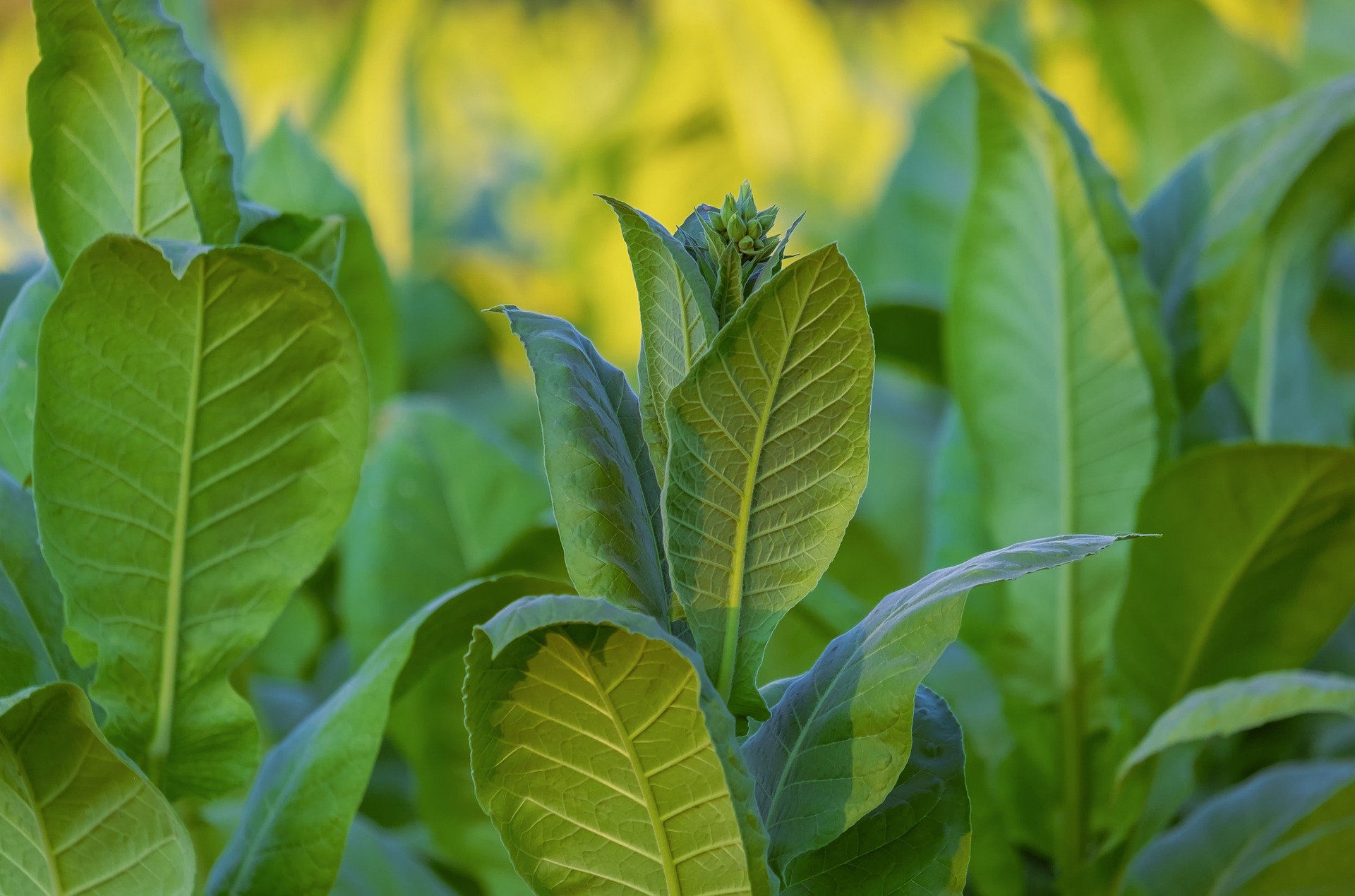
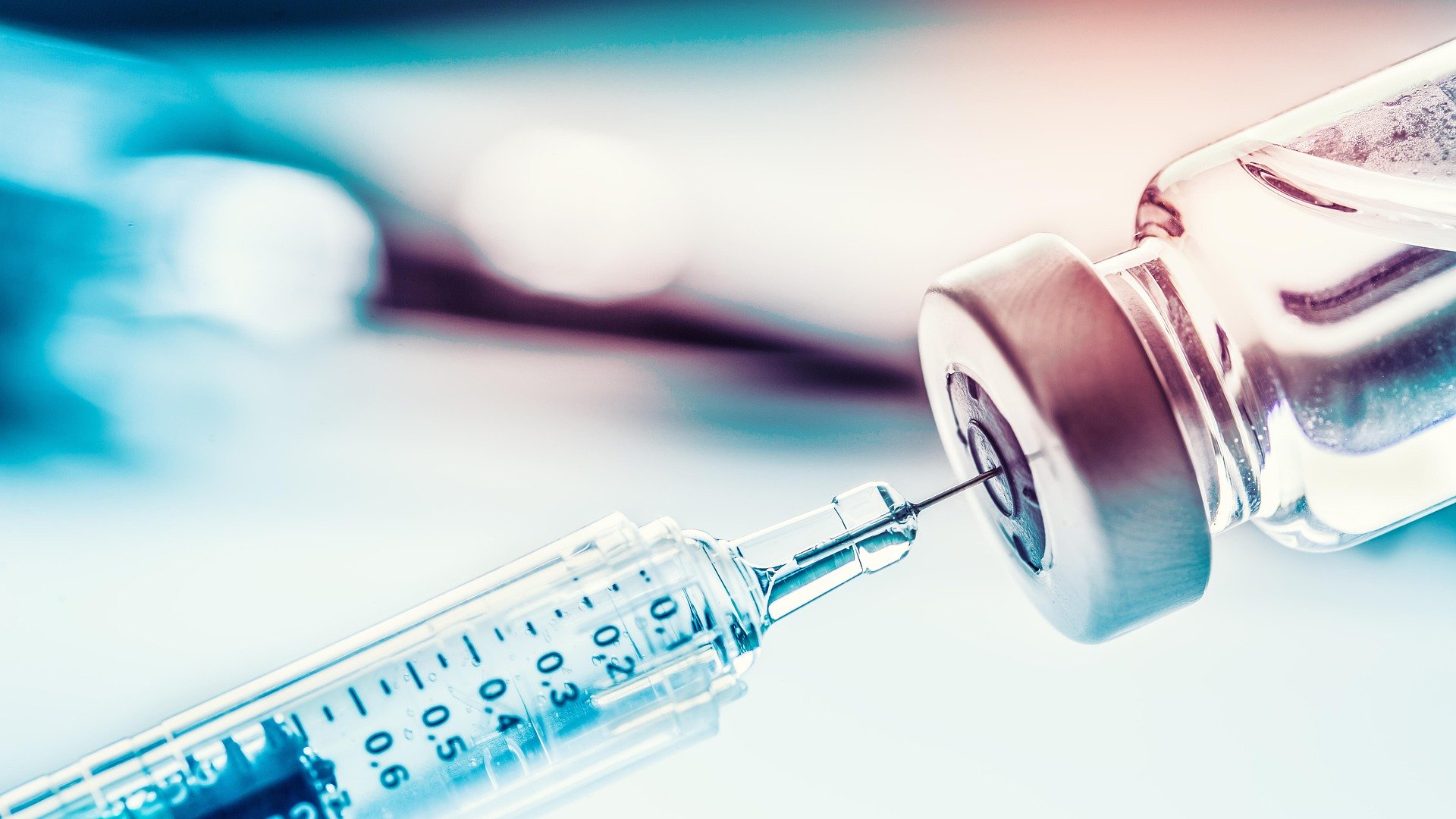
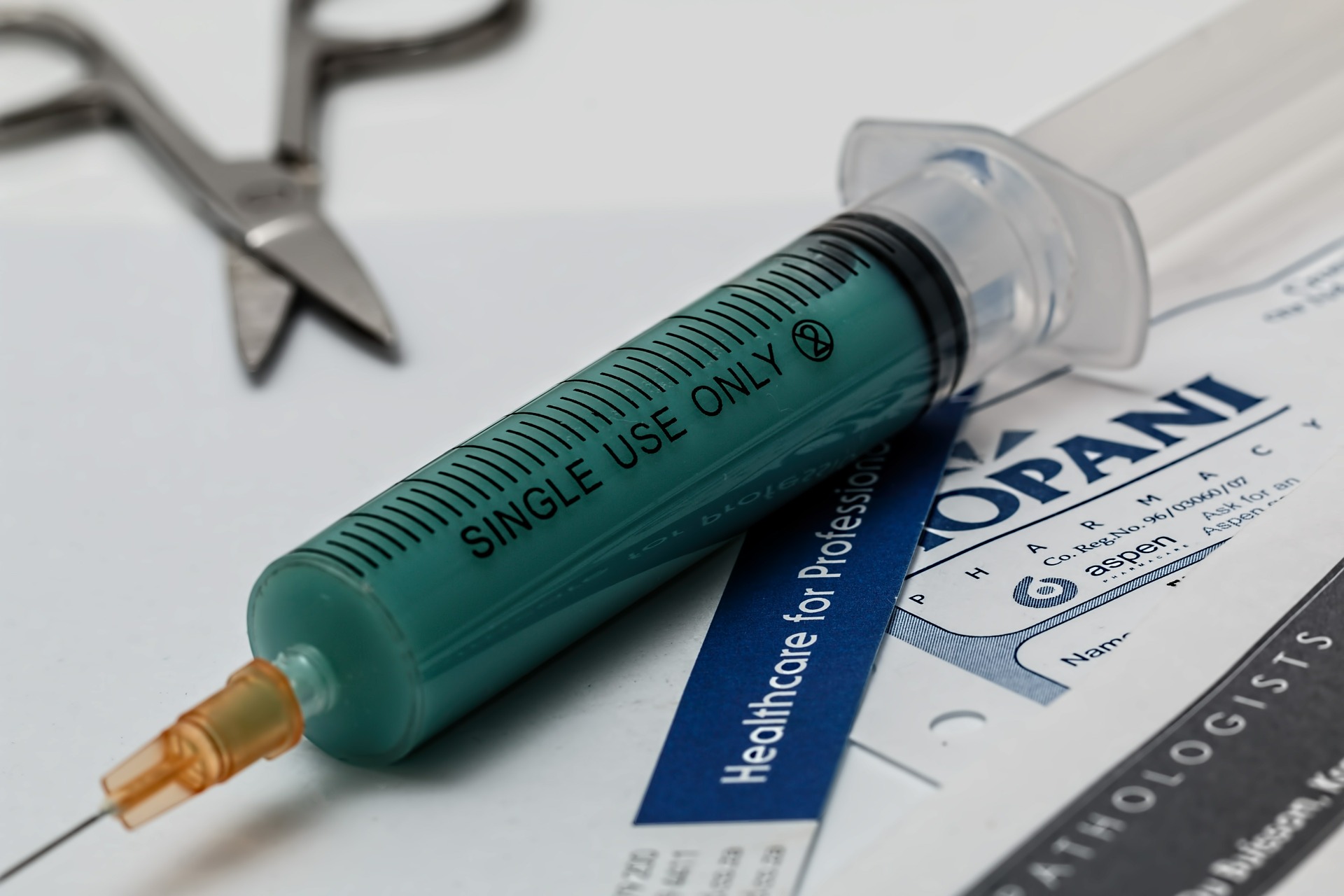
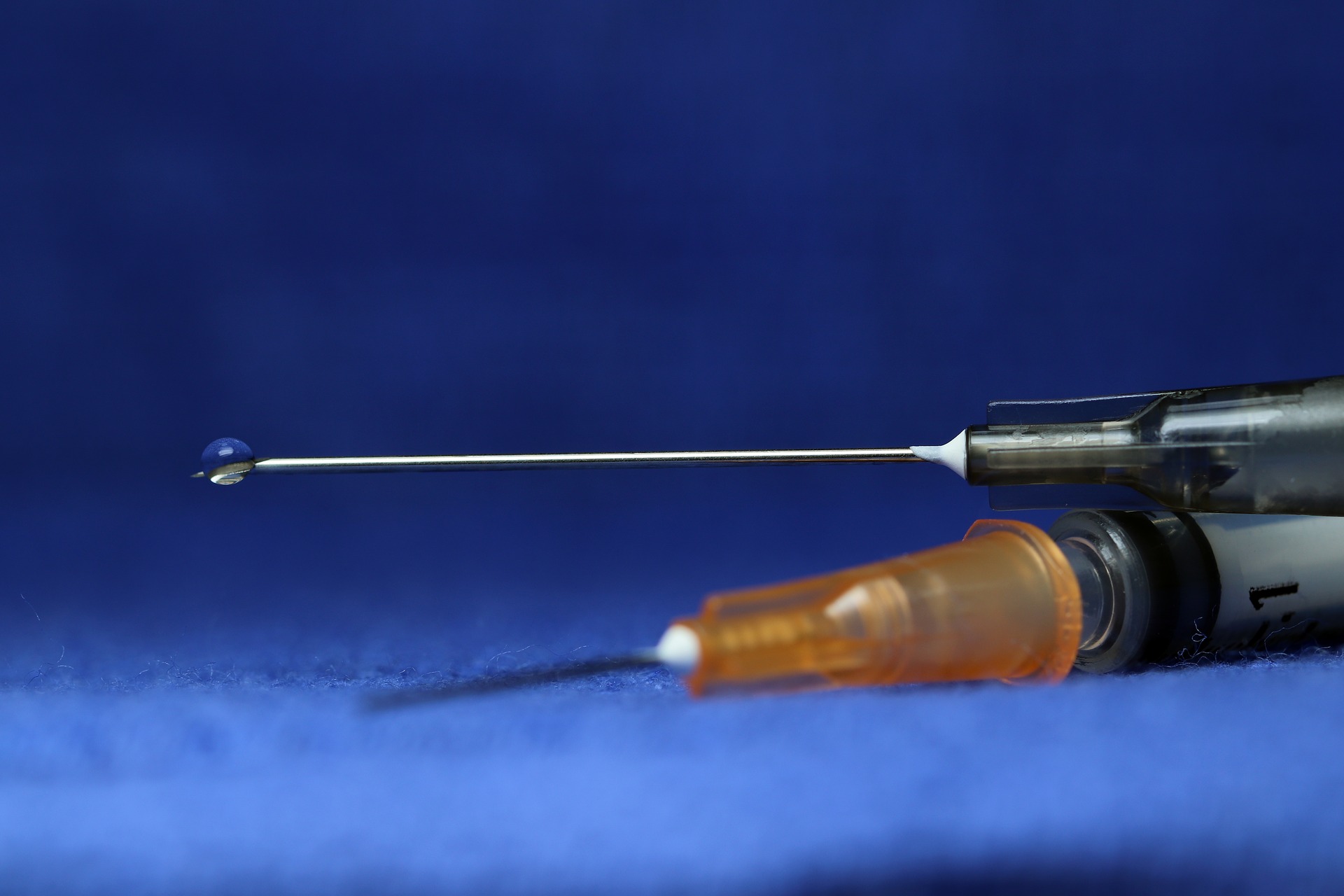
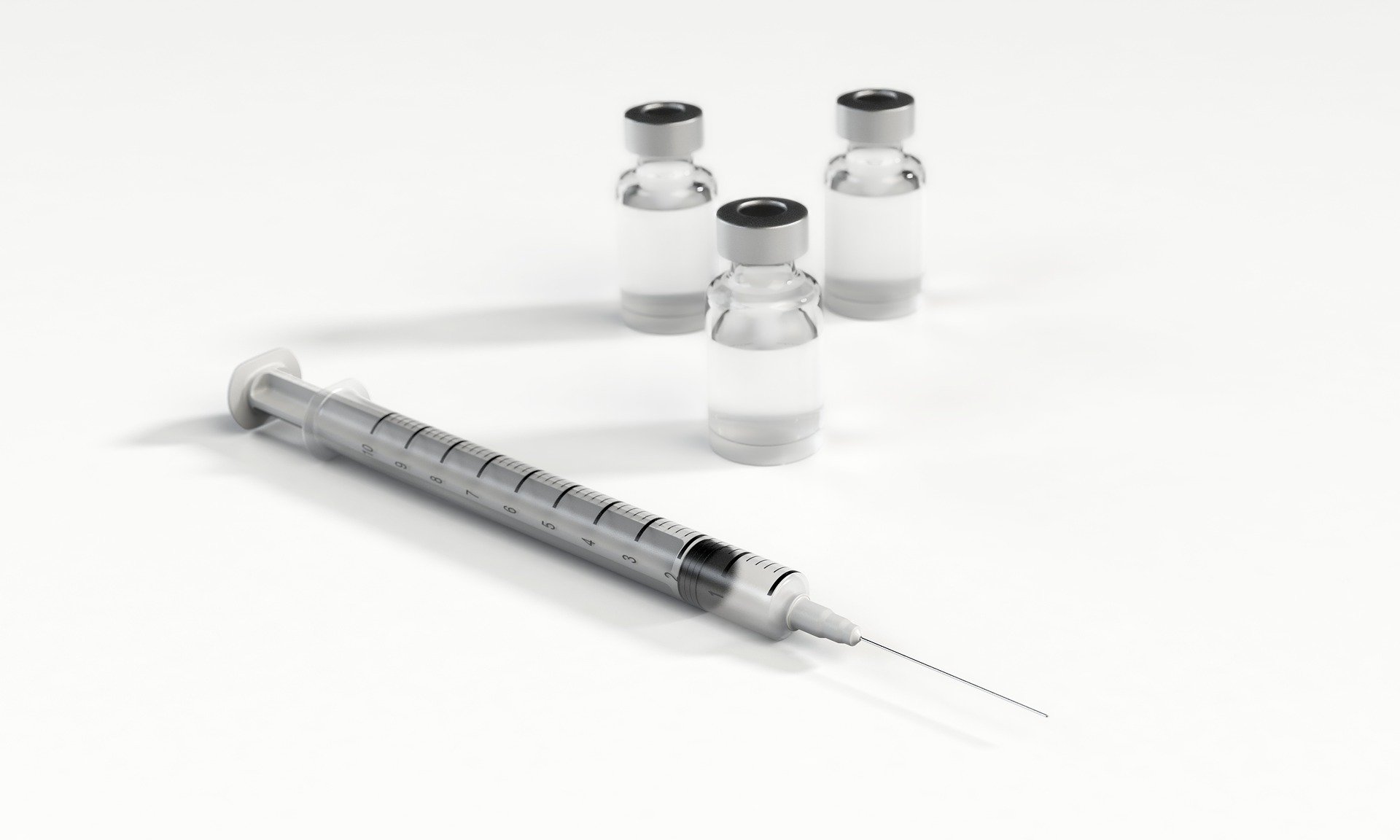





Join or login to leave a comment
JOIN LOGIN